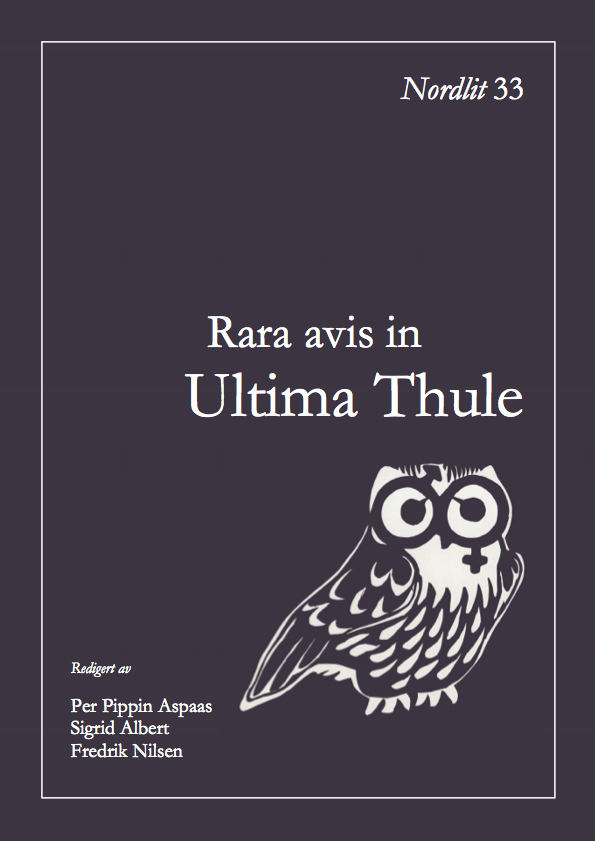The use of Latin and the European republic of letters: Change and continuity in the seventeenth and eighteenth centuries
DOI:
https://doi.org/10.7557/13.3169Emneord (Nøkkelord):
Early Modern Period, Europe, Neo-Latin, Sociolinguistics, Scientific Latin, History of Science, International CommunicationSammendrag
This article, which is the author’s trial lecture for the degree of Philosophiae Doctor, offers a brief history of the use of Latin among men of learning. The seventeenth and eighteenth centuries are known as the periods of Scientific Revolution and Enlightenment, respectively. In the same timespan the Republic of Letters flourished, a word which connoted a kind of ‘imagined community’ (in Benedict Anderson’s words) which bound together the supporters of the new science. In transgressing confessional, civil, and ideological boundaries Latin offered a peculiar kind of assistance. A text in Latin would signify not merely erudition, but also some sort of neutrality. However much the active use and the passive ability to understand various vernacular languages rose internationally, neither Italian, French, English, or German was received without mixed feelings. Escaping the famous definition of a language as ‘a dialect with an army and a navy’, Latinity proved capable of persisting by means of ‘soft power’ alone. The processes which led to the end of this state of affairs were not one and the same. Italian, which Galilei and the academicians of Florence used, achieved national or regional, rather than international, success. English, cultivated by the Royal Society of London, was undoubtedly comprehensible to many learned, but it was used rarely abroad nevertheless. French, having the Académie Royale des Sciences and the encyclopédistes among its supporters, especially towards the end of the eighteenth century seemed poised to take over the Republic of Letters. German, read by many men of learning in Nordic and Eastern parts of Europe, reeked of vulgarity or even barbarism. That Latin, the victim of nationalism, democratisation, and secularisation, in brief, of European modernity, also served as a vehicle and a midwife for that very same modernity is a lesson well worth bearing in mind.









